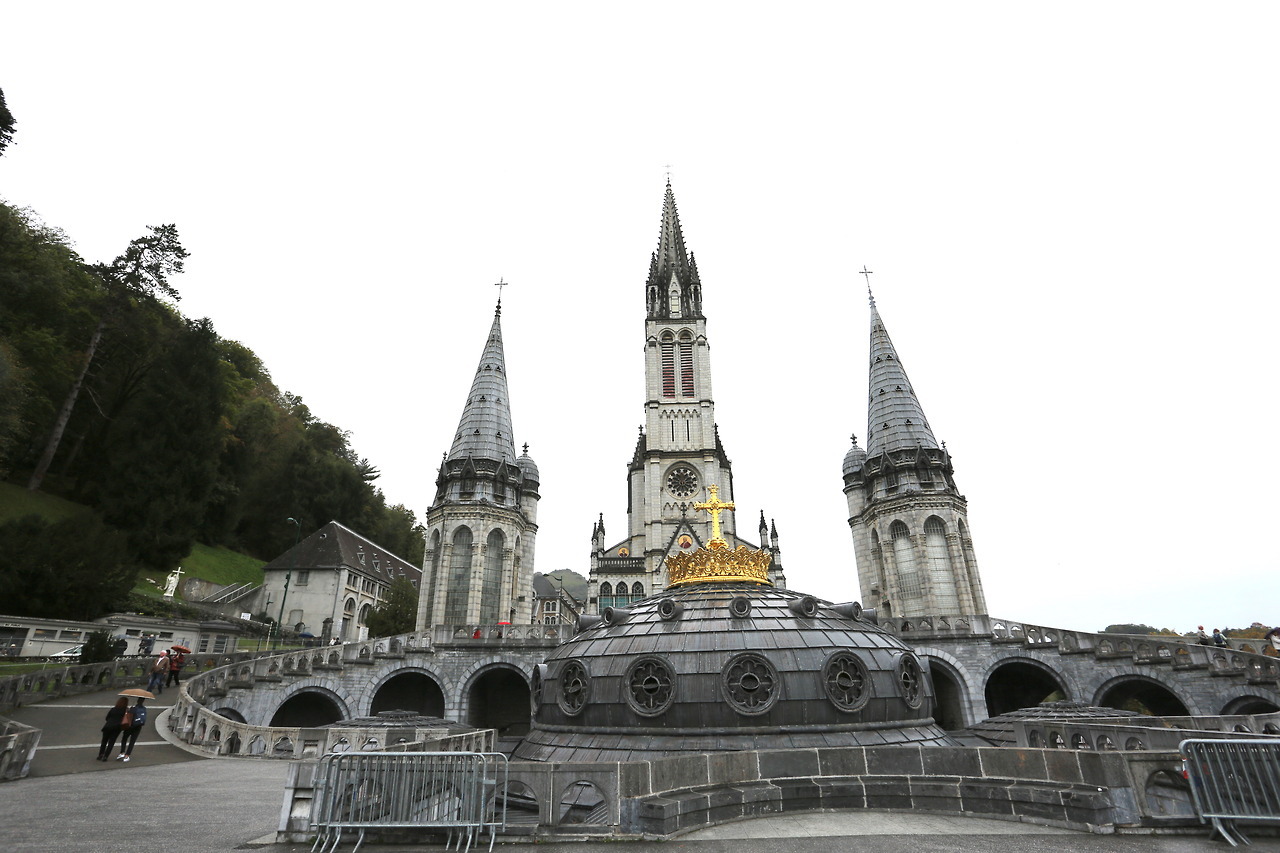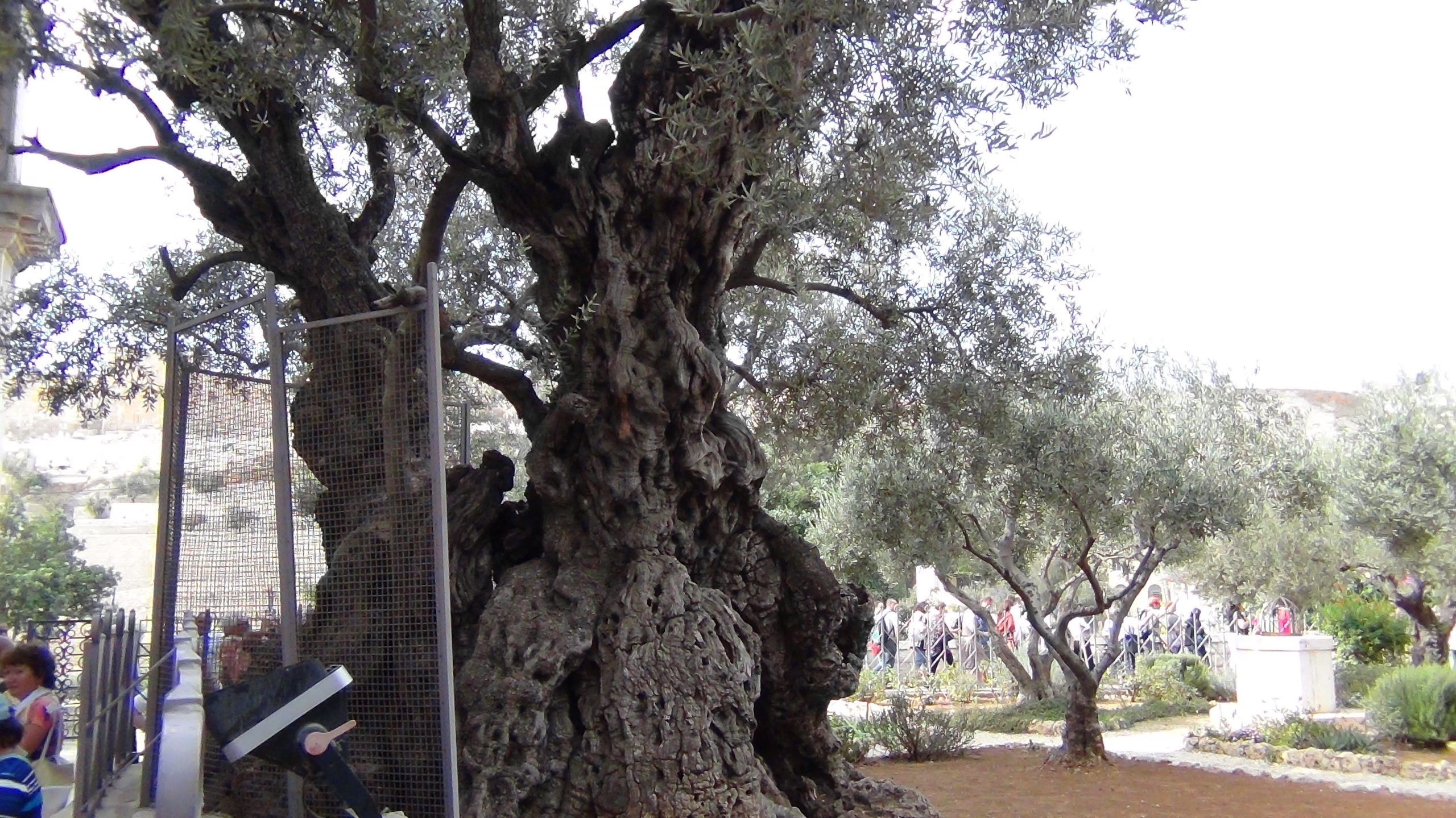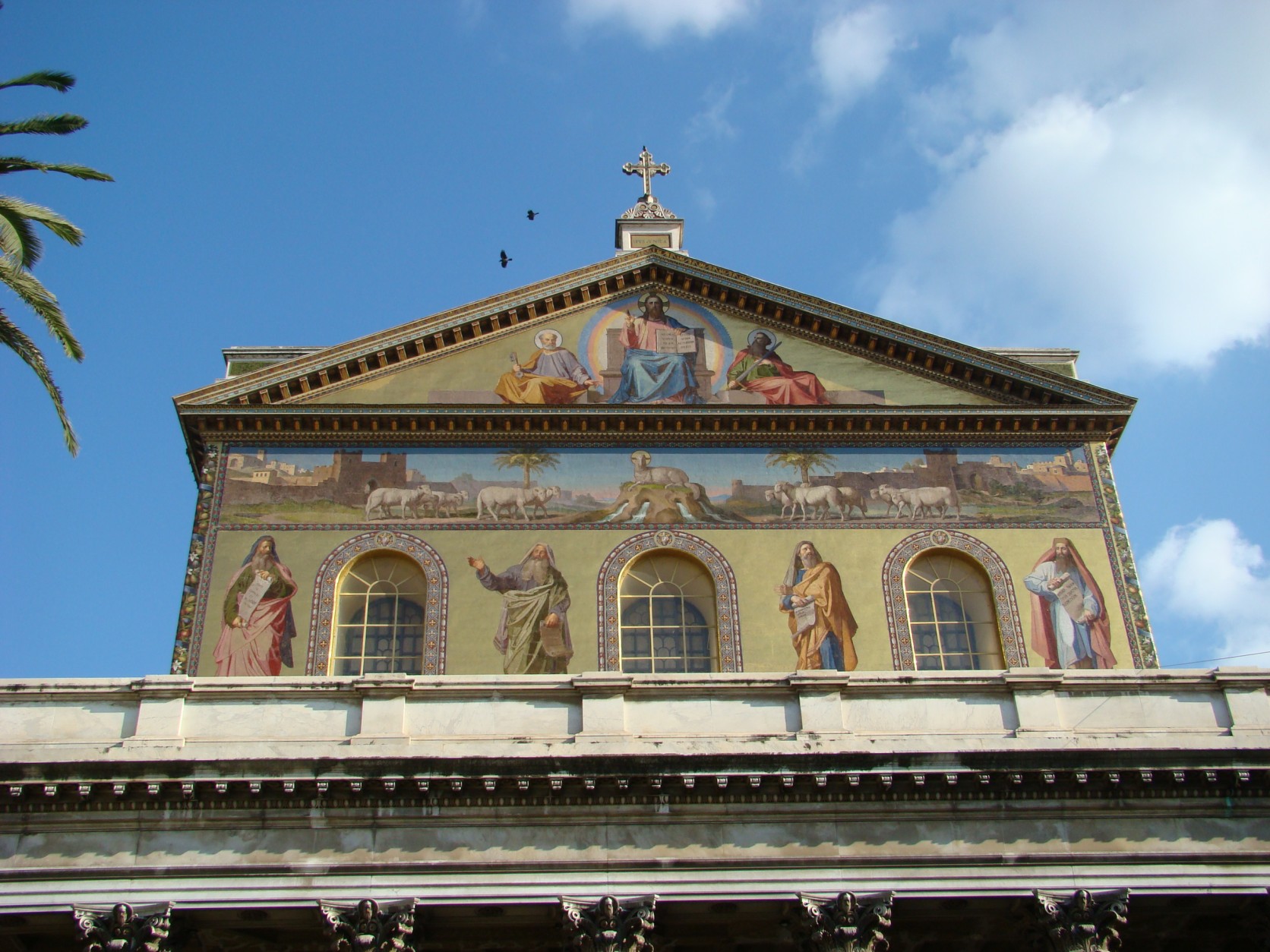Is. 6:1-2a, 3-8; Ps. 138:1-5, 7-8; 1 Cor. 15:1-11; Lk. 5:1-11
“Here I am…send me!” The Lord reveals himself to Isaiah in a vision and Isaiah’s reaction is “I am a man of unclean lips…Woe is me, I am doomed!” Jesus reveals his glory before Simon with the “great number of fish” caught in the net and “astonishment…seized him”. Simon’s reaction is “Depart from me, Lord, for I am a sinful man.” We cannot stand before the light of truth in our sin and live but the God of mercy is ready to purge us and cleanse us at our confession of truth. With our confession comes his mercy of forgiveness and then our call. Are we ready for what and where he will lead us? Readiness begins with our confession.
Just as the seraphim angel purged the sin of Isaiah with an ember, Jesus comes to purge us of our sins with his Word made flesh cleansing us through baptism and the ember on our lips is our confession. Each Mass before we can receive communion. our lips confess our sinfulness to be purged as we pray “I confess to you…that I have sinned through my fault…my most grievous fault.” It is the beginning of being called and sent forth as a disciple of Jesus Christ. If our sin is always before us, we must examine our conscience daily and pray for mercy and healing. “Here I am…send me” is our call at the end of Mass ready to proclaim what we have received, God’s love and mercy.
St. Paul identifies himself “as to one born abnormally…not fit to be called an apostle”. Many have speculated on what was his abnormality. Was it physical, mental, or simply his sin for he “persecuted the church of God”? Theologically we are born with original sin to be cleansed by water and spirit in baptism but was Paul recognizing this fallen nature of humanity? This is our time to ask ourselves what abnormality of sin do we carry since birth? The church speaks of the seven capital or deadly sins. They include pride, greed, lust, envy, gluttony, wrath, and sloth. They come with our fallen nature to be disciplined or allowed to foster into sin. They are dispositions that lead to behavior of mortal sin, our separation from God.
Readiness for God is a call to perfection. God forgives us of our sins but his love is beyond forgiveness, he works to bring us to perfection as we are purged with the ember of fire. He invites us take up our cross and follow him. When we go forth in him then life itself is our shedding of the dead cells of our sin that have no life and growing in the new cells with a divine nature towards holiness.
The fire of life is a battlefield and the enemy is in search of our weakness to deny us our claim for heaven. His most persistent attack is from within us to our thoughts, emotions, and will. It is a battlefield within the soul to take possession of us but he cannot possess what we have already offered to God as a temple to abide in us and we receive him in communion. This is our defense and there is no greater act of preparedness than to come to Mass and receive him. The church offers us our weapons for life. They come in the sacraments of the church, in the prayer life of the church, in the Word of God, in the fellowship of the people of God and in the most holy communion. This is the life of the church that prepares us to say “Here I am…send me!”
With each generation the interest in responding to the call to the priesthood decreases[JG1] [JG2] . Many religious vocations continue to lose members and for those who do respond there is an underlying culture of “professionalism” that looks for “advancement” in the ranks than for sacrifice. With each generation the interest in parenthood decreases with the rise of abortion, children in foster care, and marriages having less children if any at all by choice seeking to live the culture of professionalism for self-actualization and recognition by the world. With each generation our youth perceive a godless world as the norm and in order to be accepted in this world they are to live as if there is no god. It is beyond separation of church and state for the rise in a “cancel” culture that desires an end to religion. Who is willing to rise up in these times and be the voice to say, “Here I am Lord…send me”?
If not now, when will we return to a culture of life in the Spirit of God? If not us then who will speak these words of courage to be sent? It is our time and it must begin with us who profess our faith in God. He will do the work when we begin to say, “Here I am Lord…send me”.
[JG1]an







Recent Comments